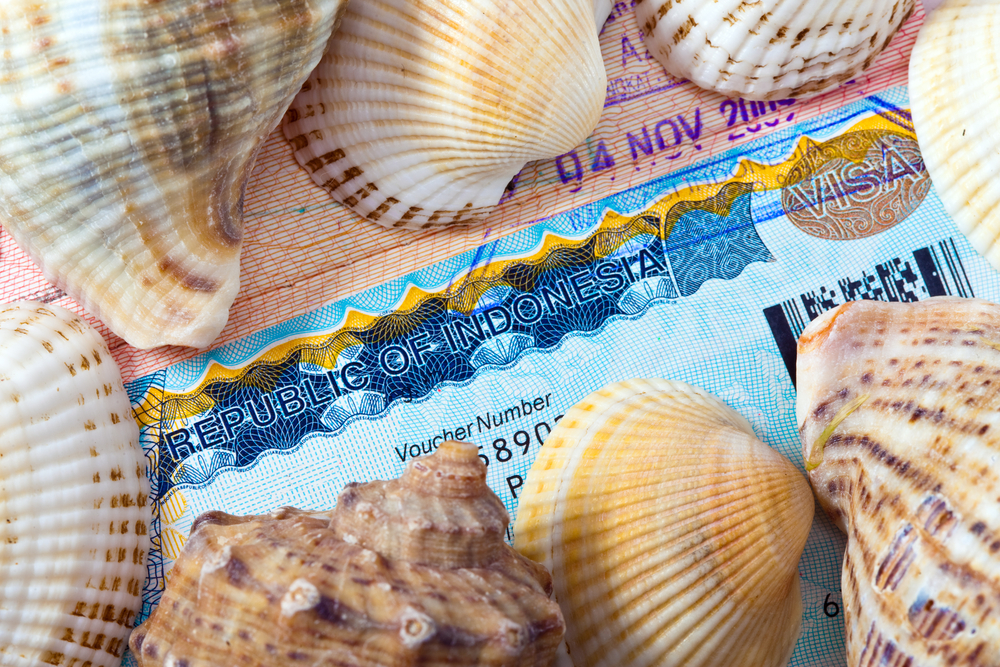The overall political climate of Bali is considered stable, and visitors to the island don’t need to be concerned about safety in this respect.
However, there is some local unrest concerning the proposed reclamation of Benoa Bay, which would see the site transformed into a ‘special’ tourist area. This would involve the construction of artificial islands, hotels, restaurants, and even an F1 track over 700 hectares of the bay. This movement is being strongly opposed by the Balinese, and protests are ongoing. These protests are usually peaceful however and don’t present any significant risk to tourists on the island.
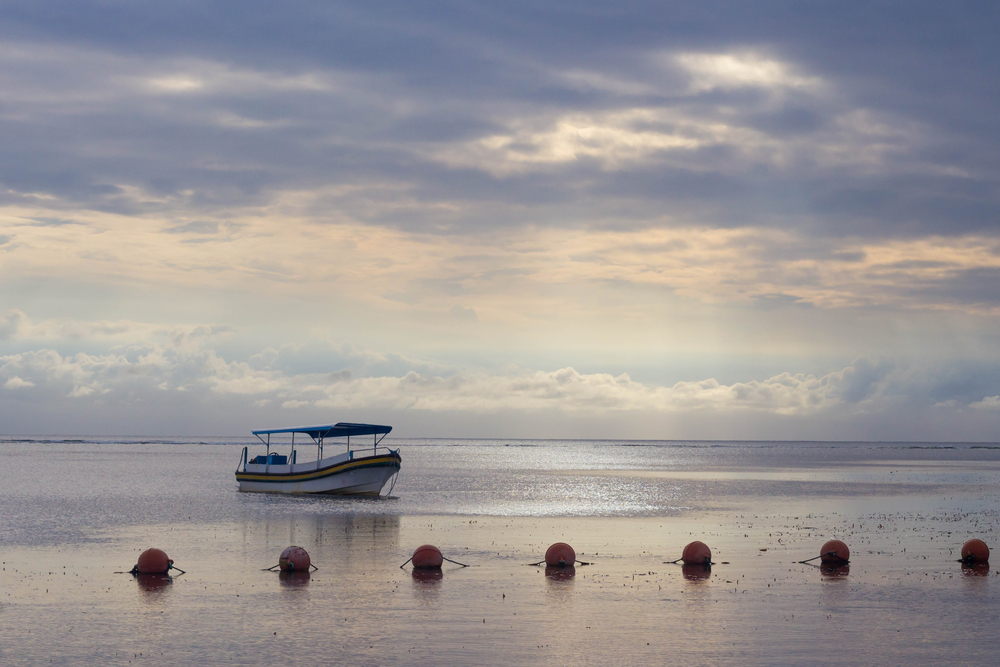
Although some of Indonesia’s laws, most notably those concerning drugs, are strict and carry heavy penalties, visitors to Bali needn’t worry about getting into difficulties on the island.
To make sure you don’t unwittingly break any rules, it is a good idea to familiarize yourself with Bali’s laws around drinking, smoking and driving. Offenders are unlikely to find themselves in real trouble but may incur fines if they aren’t careful.
Laws in Bali: Do’s and Don’ts
Drugs
Don’t use drugs in Bali.
Like in many other Asian states, Indonesia’s drug laws are very strict, and the penalties for lawbreakers are severe. Use or possession of Group 1 drugs (which includes marijuana, cocaine, and heroin) is punishable by imprisonment or, in the case of trafficking, death.
When it comes to drugs in Bali, the best way is to avoid them entirely – the risks of procuring or taking them are potentially life-ruining.
Smoking
Don’t smoke in public areas.
Do look for designated smoking areas.
A ‘smoke-free’ law passed in Bali in 2011, and smoking in restaurants, temples, hotels, and tourist attractions is forbidden. Although this rule is loosely enforced in some areas, it is best to err on the side of caution.
Swimming
Do observe the red flags.
The sea around Bali is treacherous in parts, and the red flags are in place to alert swimmers to potential hazards. There is a stretch of beach from Kuta to Canggu that is known to have treacherous undercurrents and riptides, and even the strongest swimmers are at risk of getting in trouble. Pay attention to safety warnings and observe the rules – they are there for good reason!
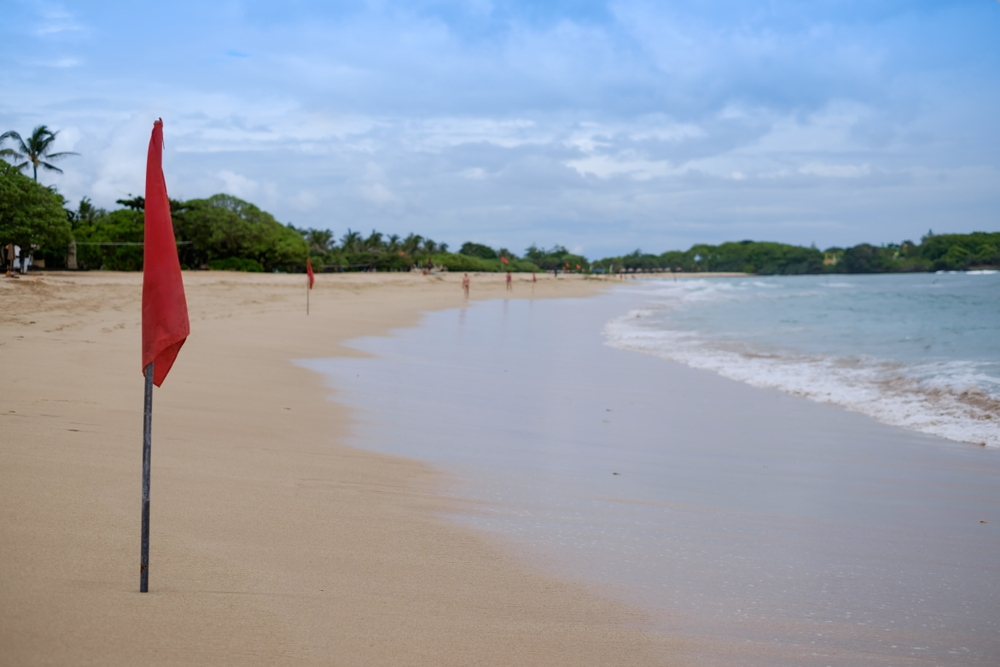
Driving
Do wear a helmet when riding motorbikes.
It is easy to rent a motorbike in Bali; however, the law requires foreigners to have an International Driver’s License to do so. This is seldom asked for in rental shops, but you could face a hefty fine if the police pull you over to check.
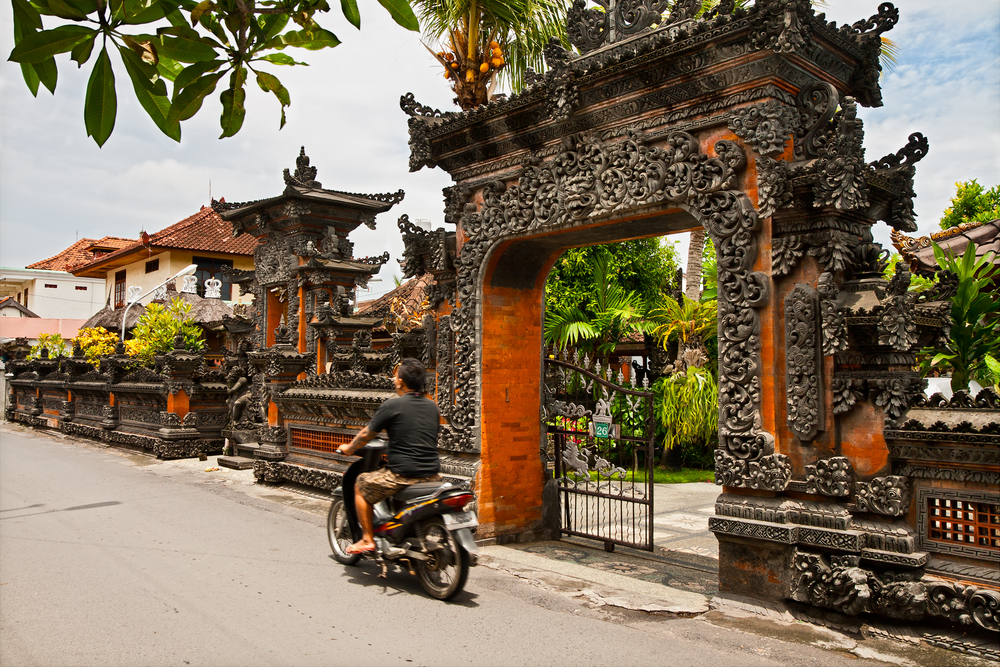
Wearing a helmet is not only an essential safety requirement (collisions and accidents are common on the island), but you are also less likely to catch the eye of the traffic cops.
Alcohol
Do: Drink Bintang, Bali’s main choice of beer.
Alcohol is consumed widely in Bali and is sold in bars and shops throughout the island. Many party areas will have clubs and bars that stay open until 4 or 5 am, and drinking is all part of the fun. So, you can find all drinks you are used for a reasonable price.
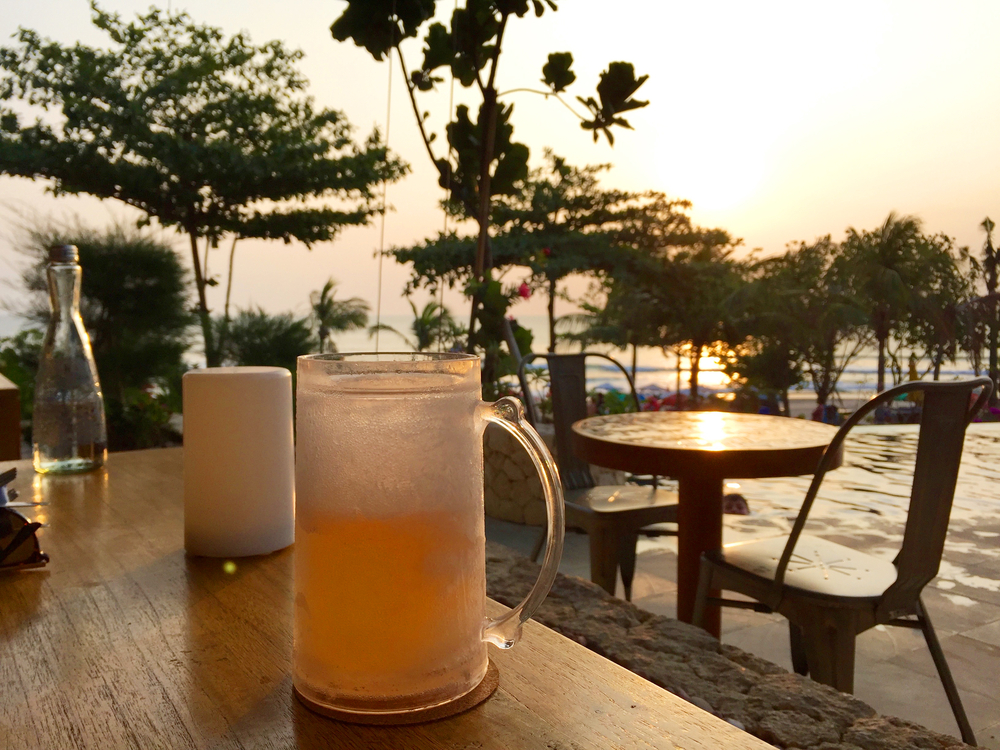
The local liquor in Bali is arak, a distilled alcoholic drink that is typically made from sugarcane. This clear spirit can be lethal, and some can contain as much as 70% alcohol. Arak has had some bad press internationally, and stories of people dying from alcohol poisoning have been reported numerous times over recent years.
The fact is, the production process of arak is poorly regulated. Manufacturers will often cut corners in the distillation process to meet high demands for the drink, and the final product may still contain methanol as a result. Methanol is highly toxic and can cause blindness or death if ingested.
If you plan to try arak during your stay, proceed with caution!
Visa rules in Bali
For most countries, getting a tourist visa for Bali takes no effort at all. More than 140 countries are eligible for visa exemption in Indonesia, as long as you plan to leave within 30 days. All you have to do is show up at the airport and your passport with be stamped with a 30-day visa exemption. When planning your trip, make sure that:
- Your passport is valid for at least 6 months from the date you enter Indonesia.
- You have a return flight booked. You may be asked for proof of onward travel at the airport, and you may be prevented from boarding the plane if you don’t have anything booked. If this happens to you, don’t worry – you can book a refundable ticket right then and there, then cancel it once you are safely on board the plane.
The visa exemption period is non-extendable, so if you want to stay in the country for longer than 30 days you will need to apply for a visa
The visa exemption period is non-extendable, so if you want to stay in the country for longer than 30 days you will need to apply for a visa. If this is the case, you have a few different options:
- Visa on Arrival (VoA): This is valid for 30 days, and is extendable once (for a further 30 days). It costs $35, which can be paid at the counter in the arrival hall of international airports.
- Social, Tourist, or Cultural Visa (B-211): This type of visa is valid for 60 days, and can be extended 3 times for 30 days each. The B-211 visa must be issued by a consulate or embassy outside of Indonesia, so you need to plan ahead if this is the visa you need.
- Multiple Entry Visa: With a multiple entry visa travelers can stay up to 60 days at a time over a period of one year. This visa must also be issued by a consulate or embassy outside of Indonesia.
What happens if you overstay in Bali?
Try not to overstay on your 30 days, as this can be an expensive mistake. The penalty for each day overstayed in Indonesia is 300,000Rp (around $21). If you overstay by no more than 3 days, you can simply pay the fine and leave without any further hassle.
However, if you overstay your visa by longer than this, you may end up facing more serious fines and penalties.
To avoid overstaying, it is helpful to remember the following:
- The visa exemption period is 30 days, not one month.
- The date you arrive in Indonesia counts as day 1 of your stay.
- Make sure you leave before midnight on the last day of your visa period. If your flight is at 00:05 am, you may be charged for staying an extra day.

